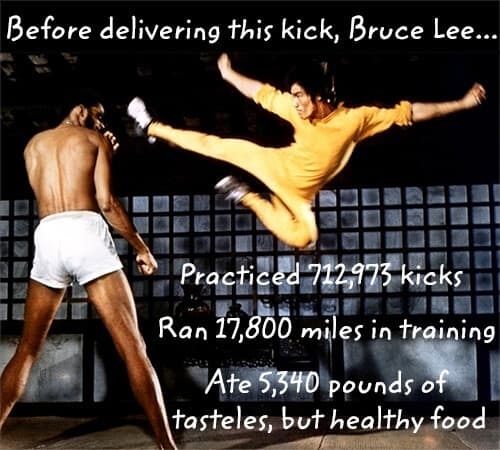Why you feel hungry when you are on a diet is not that easy to understand by many people on a diet.
It is much or less accepted because hunger is associated with dieting.
It is what scares people people when even considering to start a diet to lose their increasing weight accumulated on body parts they wish they could somehow hide.
It is the price dieters feel they pay in exchange for a barbeque with friends.
It is what makes dieters feel virtous on an extremely restrictive diet.
And yes: it is purely biologic.
But hunger biology is connected with diets deregulating the secretion of a hormone secreted by the very fat tissue they’re trying to get rid of: leptin.
This fat tissue is not the inactive hassle most think they carry along for nothing, but a tissue with extremely important implications in most aspects related to health: cardiovascular function, immunity, reproduction, memory, general behavior and eating behavior – just to name a few.
There are many hormones involved in apetite control, but leptin is one of the most important links between the fat tissue and being hungry on a diet. And this can be pretty annowing to understand because leptin is actually a satiety hormone – and overweight and obese people have more leptin than thin people (who actually have more ghrelin – the appetite hormone).
Ghrelin is secreted by the stomach and duodenum, and through blood it reaches the hunger nervous centru in hypothalamus and commands you to eat. Because of this tiny effect, people trying to lose weight would like ghrelin vanished from the face of the earth – and sadly they get their wish come true as they actually secrete far less ghrelin than they would actually need to have a healthy appetite.
On the other hand, leptin – the satiety hormone secreted by the fat tissue – reaches the satiety nervous center in the hypothalamus and commands you to stop eating. This happens even in people who never felt satiety in their life, the only difference between people with or without a disturbed appetite being that the hypothalamus of those with the disturbed one is deaf to leptin’s commands (leptin resistance).
These people’s increased fat tissue secrete more and more leptin which sadly does not translate into more and more satiety, but into more and more loss of satiety with each episode of eating past satiation. And losing this satiety clue is not the only consequence.
Leptin resistance directly cause/ or it aggravates insulin resistance = the very reason you feel hungry when going on diets that rigidly set rules about when and how much to eat, rules that usually are completely dissociated from your physiological hunger and satiety sensations.
To paint this simply, one insulin facilitates the glucose entrance in the muscle and adipose tissues, blood sugar goes down and you get hungry again. But a body flowded with ton of insulin literaly shuts down glucose entrance in these tissues (at first in the muscle tissue, and if you insist also in the adipose tissue – which is a sad reality we can passed down to children born from parents with adipose tissue isulin resistance decribed in chapter 5 of my second book: Nutrition Guide for Mums).
During hyperinsulinemia, the skeletal muscle starves despite eating.
The more you decrease your insulin sensitivity, the more you:
- decrease your skeletal muscle, thus your metabolism,
- increase your body fat percentage,
- deregulate your appetite =
- paradoxal hunger very soon after eating
- incontrolable cravings for sweet and fatty foods – cravings that once satisfied increase leptin resistance further and the cycle starts back again growing in a spiral of diets, hunger, cravings and binges extremely hard to get out of.
The first signes of insulin resistance – physical signs like hirsutism, hyperkeratosis on hands and feets, dry elbows or knees, or cracked heels – are rarely recognized as a sign of metabolic disorders by untrained eyes.
If ignored, they progress to decreased fertility, low immunity, dyslipidemia, increased aggressivity, decreased ability to cope with stress, decreased adaptability or impaired memory – all sad consequnces of refusing to respect satiety signals sent to your mind by your older, wiser hypothalamus.
As I explained above, despite what most would expect, overweight and obese people secrete more satiety hormones and less appetite hormones than thin people.
But once disrespected, satiety becomes harder and harder to hear.
So stop eating when you feel satiety no matter how little you ate, or how good the food is.
Disrespecting satiety is much more expensive than most afford to pay because the price ain’t money, the price is health.




